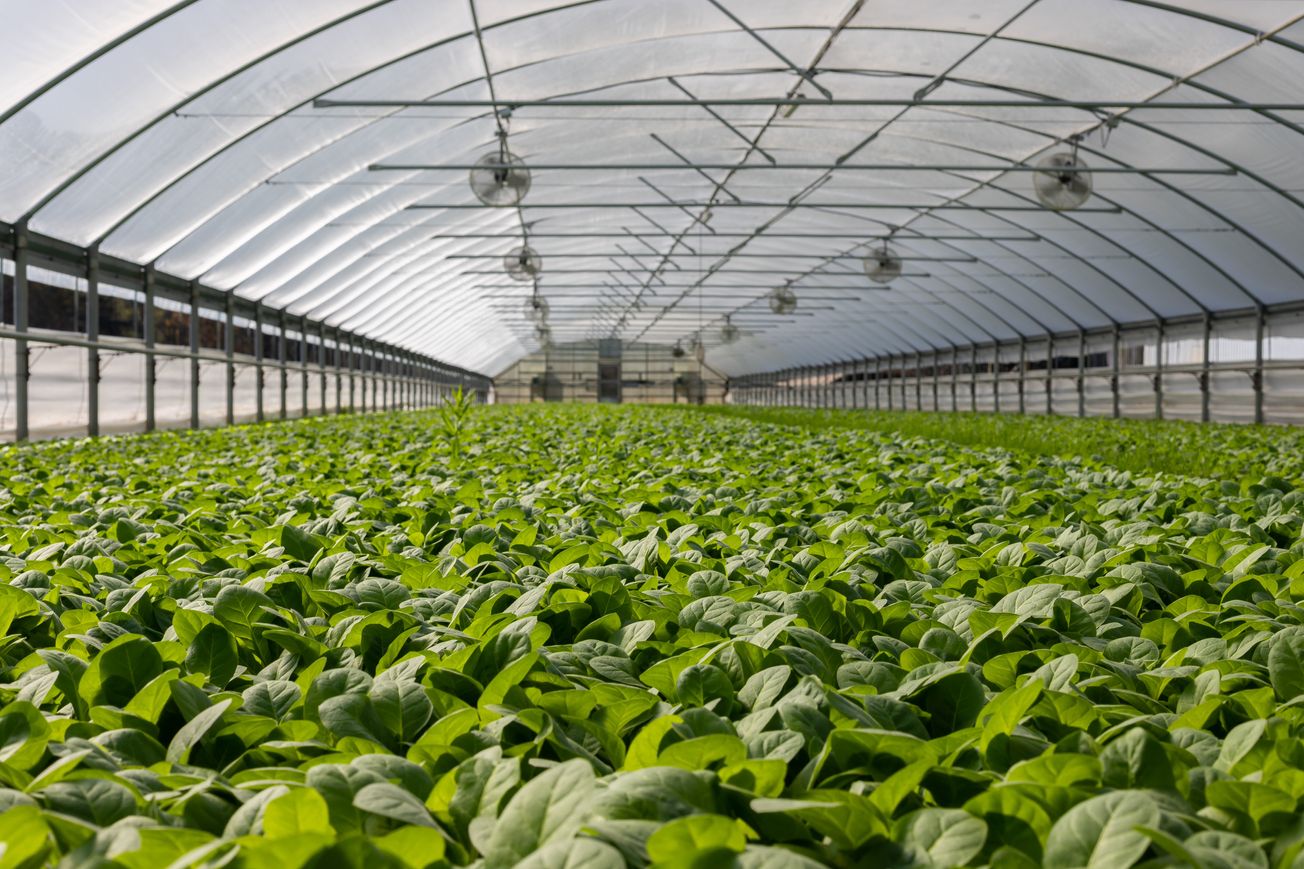In the modern era, biotechnology, often referred to as biotech, plays an indispensable role in revolutionizing the way we produce and consume food. This article explores the multifaceted realm of biotechnology's impact on food production, its significance in addressing global challenges, and the ethical considerations surrounding its applications. From redefining the dairy industry to creating sustainable food alternatives, biotech is reshaping the future of food in remarkable ways.
Unveiling the Biotech Behind Our Food
Biotechnology encompasses a diverse range of techniques and methodologies that leverage biological systems, genetics, and engineering to enhance food production and quality. This interdisciplinary field has led to the development of genetically engineered foods, precision agriculture, and sustainable food alternatives. Let's delve into the pivotal aspects of biotechnology's role in food innovation.
Genetically Engineered Foods: Biotechnology enables the modification of crops and livestock to enhance their traits, such as pest resistance, yield, and nutritional content. This has profound implications for global food security by increasing crop resilience and productivity.
Precision Agriculture: Biotech tools, including genetic markers and data analytics, empower farmers to optimize agricultural practices. Precision agriculture enhances crop management, reduces resource wastage, and fosters sustainable farming.
Sustainable Food Alternatives: Biotechnology paves the way for sustainable food production, offering alternatives to traditional animal-based products. Recombinant protein products and cell-based meat are prime examples, addressing environmental and ethical concerns associated with animal agriculture.
Food Safety and Quality: Biotech contributes to ensuring food safety by detecting contaminants, pathogens, and allergens in the food supply chain. Advanced analytical techniques enhance the monitoring and traceability of food products.
Nutrigenomics: This emerging field explores the interaction between genetics and nutrition. Biotechnology facilitates personalized nutrition recommendations based on an individual's genetic profile, promoting healthier dietary choices.
Challenges in the Global Food Landscape
As the world's population continues to grow, the global food landscape faces unprecedented challenges. Biotechnology emerges as a pivotal tool in addressing these challenges, offering sustainable solutions to ensure food security and mitigate environmental impact.
Supply-Demand Discrepancy: The world's growing population is projected to exceed the available food supply within the next few decades. Biotech-driven innovations are essential to bridge this supply-demand gap.
Environmental Impact: Traditional agriculture contributes significantly to greenhouse gas emissions and deforestation. Biotech-driven sustainable farming practices minimize environmental degradation, making food production more eco-friendly.
Animal Agriculture: The conventional meat and dairy industries are resource-intensive and environmentally harmful. Biotechnology provides viable alternatives, such as plant-based and cell-based meat, offering ethical and sustainable choices for consumers.
Nutrition Disparities: Biotech interventions can help address global malnutrition and dietary imbalances. Customized nutritional solutions based on genetic profiles have the potential to enhance overall health and well-being.
Ethical Considerations in Biotechnology
While biotechnology offers promising solutions to food-related challenges, ethical considerations must guide its responsible use. Several ethical concerns warrant attention in the context of biotech-driven food innovations:
Genetic Privacy: The collection and use of genetic data raise concerns about individual privacy and data security. Safeguarding genetic information is crucial to prevent misuse.
Gene Editing: Technologies like CRISPR-Cas9 enable precise genetic modifications. Ethical dilemmas arise regarding the editing of genes in humans, animals, and crops, requiring stringent regulations and oversight.
Environmental Impact Assessment: The release of genetically modified organisms (GMOs) into ecosystems can have unintended consequences. Robust risk assessments are imperative to minimize ecological disruptions.
Equitable Access: Biopharmaceuticals and genetically modified foods may be costly, limiting access for marginalized communities. Ensuring equitable distribution and affordability is essential for ethical food innovation.
The Promising Future of Biotech in Food
Biotechnology continues to evolve, holding immense potential to shape the future of food in remarkable ways. Several noteworthy developments and prospects highlight its promising trajectory:
Precision Agriculture Advancements: Biotech-driven precision agriculture will further optimize resource utilization, reduce waste, and enhance crop resilience, contributing to sustainable and efficient food production.
Cell-Based Meat Revolution: The emergence of cell-based meat companies signifies a transformative shift away from conventional animal agriculture. Biotech enables the ethical and sustainable production of meat without the environmental burdens associated with traditional farming.
Personalized Nutrition Solutions: Nutrigenomics and personalized nutrition will gain prominence, offering individuals tailored dietary recommendations based on their genetic makeup, promoting healthier and more sustainable food choices.
Biofortification: Biotech-driven biofortification efforts will enhance the nutritional content of crops, addressing malnutrition and dietary deficiencies on a global scale.
Conclusion
Biotechnology stands as a beacon of hope in addressing the pressing challenges of global food security, sustainability, and nutrition. From genetically engineered crops to sustainable meat alternatives, biotech innovations hold the potential to revolutionize the way we produce, consume, and think about food. However, ethical considerations must guide the responsible application of biotechnology to ensure equitable access, environmental protection, and genetic privacy. As we continue to unlock the transformative power of biotech, it is imperative to foster interdisciplinary collaboration, ethical stewardship, and global cooperation to create a more sustainable and food-secure future for all.








